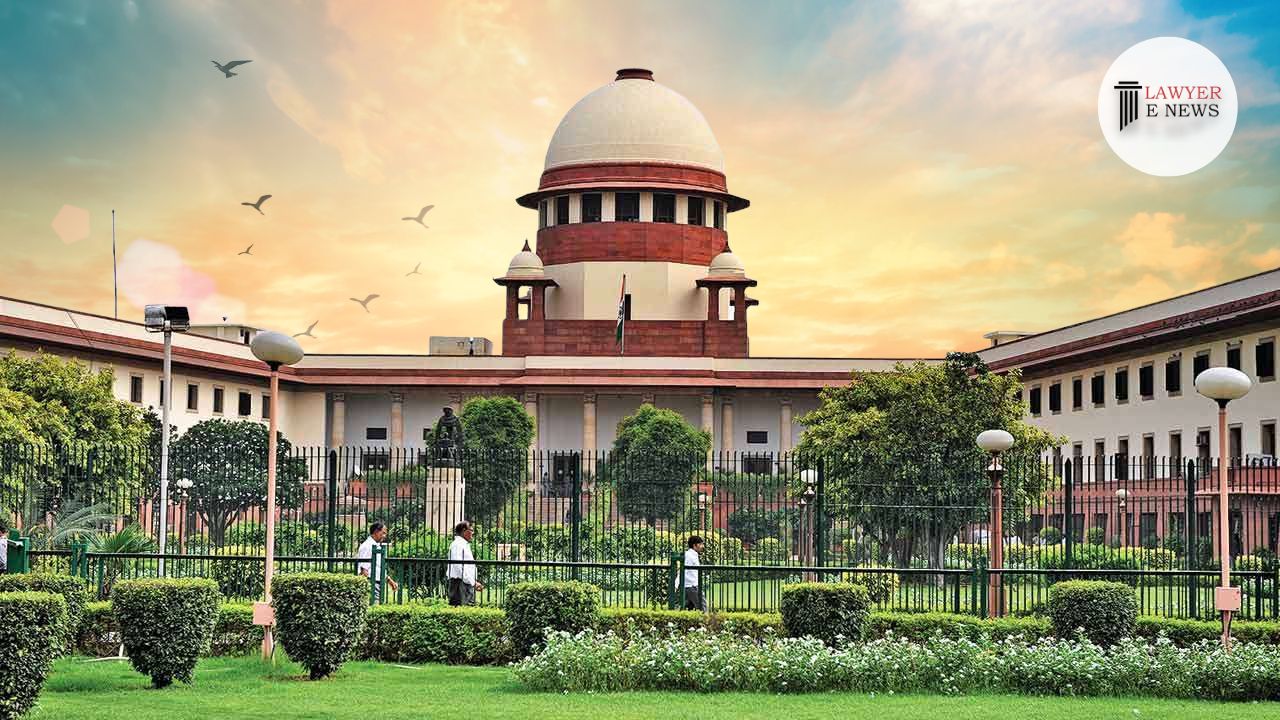-
by Admin
17 February 2026 4:12 AM



In a significant judgment, the Supreme Court of India has ruled that the relief granted in the Banwasi Sewa Ashram case is not limited to Scheduled Castes, Scheduled Tribes, or other backward communities. The court emphasized that the right to be heard before a competent authority must be extended to all claimants, regardless of their community. This landmark decision ensures that multiple communities have access to justice and protects their rights to possess land.
Justice Krishna Murari and Justice Ahsanuddin Amanullah, while delivering the judgment, stated, "The Banwasi Sewa Ashram judgment confers upon the inhabitants of the subject land, irrespective of their community, only a procedural right to be heard by the appropriate authority, and not a substantive right of possession/inhabitation of the land." They further highlighted the importance of inclusivity within forest communities, which extends beyond recognized Adivasi and backward communities.
The court also examined the jurisdiction of the High Court under Article 226 of the Constitution of India. It clarified that the High Court cannot re-appreciate evidence unless the original order exceeded its jurisdiction or the findings were patently perverse. The Supreme Court held that the concurrent findings of the lower courts in favor of the appellants were not perverse, and thus the High Court erred in re-evaluating the evidence.
This judgment comes as a relief to the appellants, who were facing eviction from the land they had been in possession of for agricultural purposes. The Supreme Court's decision reaffirms the principle of substantive justice and ensures that every party with a legitimate claim over the notified land has the opportunity to be heard and have their claims properly adjudicated.
The ruling has wider implications for land disputes across the country, as it underscores the need for a fair and inclusive approach to resolving such matters. It recognizes that forest communities comprise various groups, including those who may not have official recognition but have ancestral connections to the land. The judgment emphasizes the importance of providing a platform for all claimants to present their cases and have their rights protected.
This verdict sets a precedent for future land disputes and reinforces the significance of evidence presented and scrutinized during the trial stage. The Supreme Court has highlighted that evidence confirmed by lower courts should only be reversed in exceptional circumstances.
The judgment concludes by allowing the appeals and setting aside the impugned order of the High Court. The orders passed by the Forest Settlement Officer and Additional District Judge are confirmed. The Supreme Court dismissed the contempt petitions as the dispute in question was decided in favor of the appellants.
Date of Decision: 5th July, 2023
HARI PRAKASH SHUKLA & ORS . vs THE STATE OF UTTAR PRADESH & ANR.
